LADS - Laboratory of Structural Diagnostics
Gallery
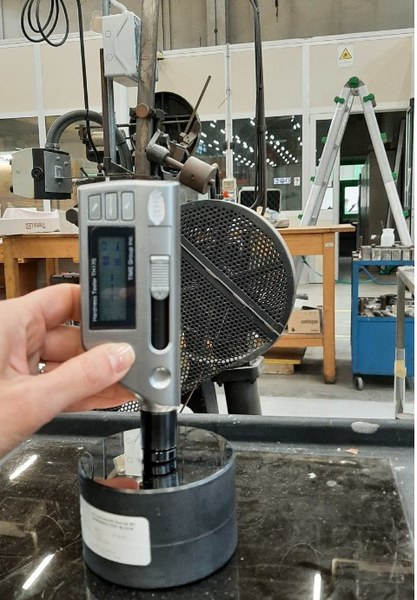
Brinell TH-170 hardness meter
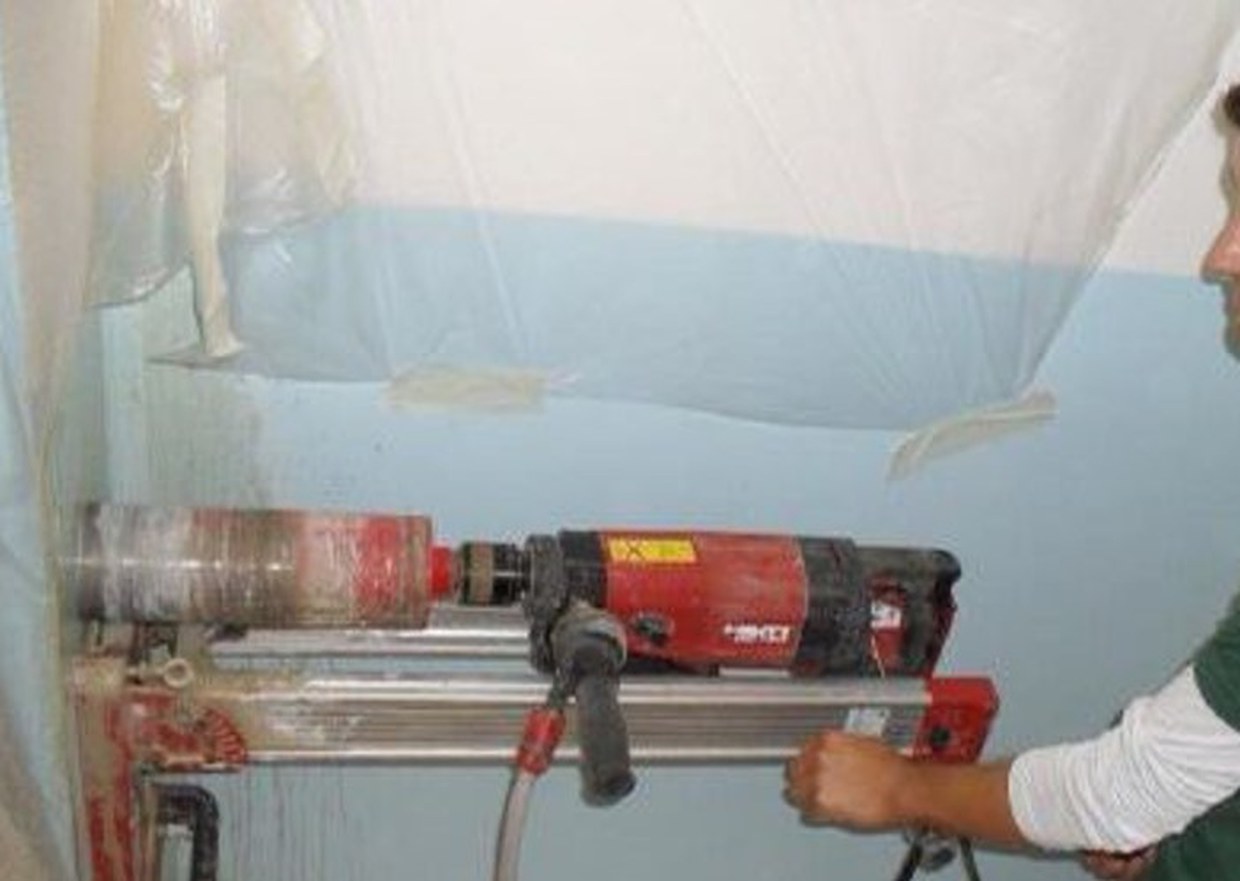
Core extraction with core-drilling machine
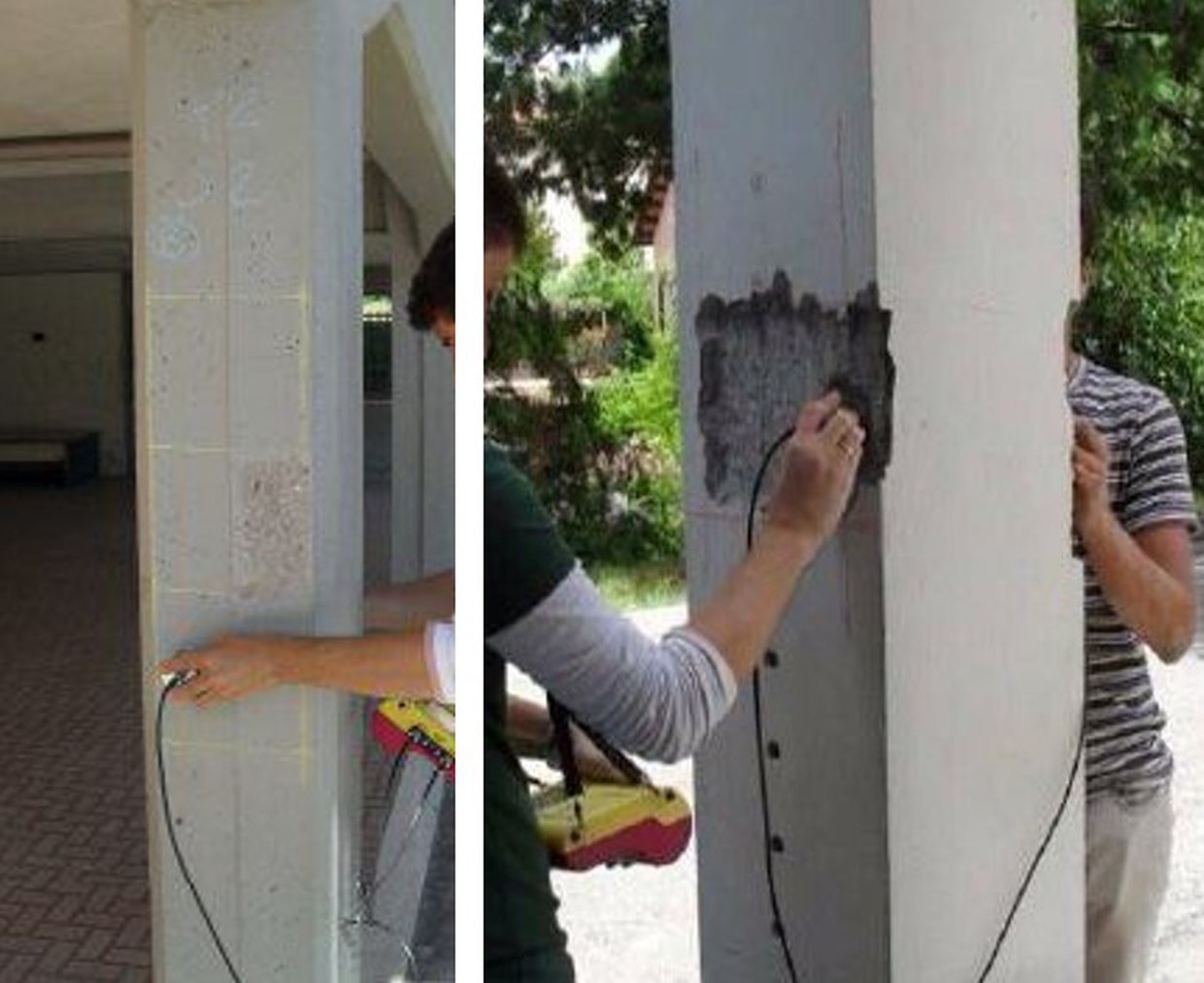
Ultrasonic test on concrete
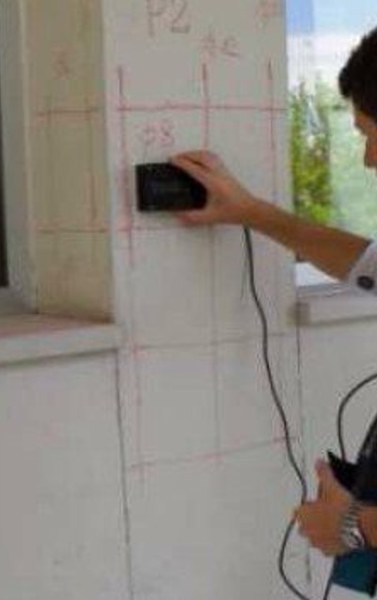
Detection of reinforcement bar in concrete with pacometer
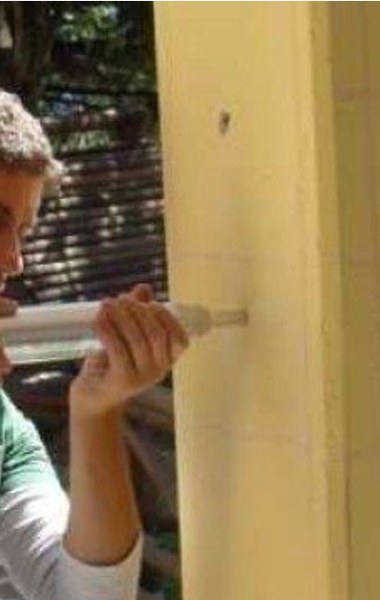
Rebound hammer test on concrete
The Laboratory of Structural Diagnostics (LADS) is a scientific-educational laboratory of the University of Bologna based in Cesena. It is part of the Laboratory Center of the Department of Civil, Chemical, Environmental and Materials Engineering - DICAM.
The official institution, on the initiative of Prof. Lucio Nobile, dates to 1999 (the year of establishment of the former Faculty of Architecture of the University of Bologna) in the perspective of the current thought that identifies in the figure of the architect as the first person in charge of the care and restoration of the architectural heritage of our territory.
The establishment of this laboratory has allowed the understanding of structural problems for the training of architect able to understand the entire process of "making architecture", from the prefiguration of the idea to its realization.
The role played by the Architect in the field of Conservation, Recovery, Rehabilitation and Restoration of historical buildings requires that the following tools are provided in the training course of the Architecture students:
- methods for the structural diagnostics of historical buildings to orientate themselves with confidence in the field of designing both traditional and innovative structures, and to possess the necessary tools for the analysis of the static decay of ancient buildings and for the definition of more appropriate rehabilitation techniques;
- methods of direct and indirect non-destructive analysis of the degradation phenomena of traditional building materials.
On the other hand, even in architectural design, the architect is faced with a continuous dialogue between form and structure which meet, alternate, becoming one. Therefore, given the professional role he will have to play, it becomes essential to provide the student of Architecture with the necessary knowledge to define an interpretative model of the architectural organism structure, which can be found experimentally.
After these considerations, the theoretical foundations for the study of the static conception of historical structures and of the structural forms and their relationship with architectural forms are analyzed within the courses of Structures and Statics in Architecture, Structural Mechanics, Structural Diagnostics, the module of Structural Architecture and the module of Structural Theory.
The LADS is inserted as a tool for in-depth study of these thematic aspects, allowing to carry out practical activities that allow the student to use professional, diversified equipment, necessary to determine the mechanical characteristics of the materials and to study the behavior of certain structural models.
In addition to teaching activities, the Laboratory carries out research and consultancy activities in the field of structural diagnostics.
Research topics
The LADS laboratory provides support to the following research activities:
- Diagnostics and monitoring of reticular structures
- Diagnostics of masonry structures
- Diagnostics of existing structures in reinforced concrete.
- Grading of unconventional natural materials like bamboo
- Study of the decay over time of the mechanical characteristics of unconventional natural materials (bamboo, Arundo donax, straw) subjected to external or environmental actions.
Consulting
As required by current legislation (NTC 2018 and updates), a fundamental role is played by non-destructive tests that allow the evaluation of the characteristics resistance of building materials (reinforced concrete, steel, masonry, wood, etc.) in all the cases in which you want to improve the level of knowledge on the materials used in the construction.
In situ diagnostic tests are carried out to estimate the mechanical behavior of construction systems.
In this regard, it is useful to mention the agreement stipulated between the Scientific Center of Cesena (scientific coordinator Prof. Lucio Nobile) and the Municipality of Cesena for the execution of in situ and laboratory tests aimed at determining the seismic vulnerability of some school buildings located in the Municipality of Cesena (2010/2012).
Instruments
The laboratory is equipped with the following instruments:
- Sirio and Proceq Tico ultrasonic detectors, used for non-destructive investigations on concrete. In particular, the following investigations can be conducted:
- evaluation of the homogeneity of the concrete
- evaluation of the presence of cavities, cracks and defects due to fire or the effects of frost
- evaluation of the elastic constants (dynamics) of concrete and compressive strength of concrete;
- Brinell TH-170 hardness meter (Innovatest), used to measure the surface hardness of ferrous and non-ferrous materials. In particular, it allows to obtain the value of the hardness HL according to Leeb;
- Rebound hammer for determining the rebound index in existing concrete structures;
- Husqvarna core drilling machine for taking cores from existing concrete or masonry structures;
- Piezoelectric probes (50 kHz and 1 '' 120 kHz) for performing ultrasonic tests;
- Pacometer for the determination of the presence, the direction and the diameter of the rods in the reinforced concrete;
- Flat jacks for determining the state of stress and the elastic modulus of the masonry, complete with chainsaw for cutting and hydraulic pump;
- Instrumented hammer for sonic tests.
The laboratory has the license of the following software:
- RING for the structural analysis of masonry bridges
- NOLIAN for the structural analysis with the finite element method
- AEDES for the structural analysis of masonry structures
Contacts
Scientific Coordinators
Prof.ssa Cristina Gentilini; Email: cristina.gentilini@unibo.it; Tel: 0547 338353, 0547 338354; Cell. 338-9367288.
Prof.ssa Luisa Molari; Email: luisa.molari@unibo.it; Tel: 0547 338353, 0547 338354; Cell. 334-1042267.
Scientific Consultant
Prof. Lucio Nobile; Email: lucio.nobile@unibo.it; Tel: 0547 338353, 0547 338354; Cell. 340-4806650.
Contacts
Mario Bonagura, mario.bonagura@unibo.it
Cristina Gentilini, cristina.gentilini@unibo.it
Luisa Molari, luisa.molari@unibo.it
Lucio Nobile, lucio.nobile@unibo.it